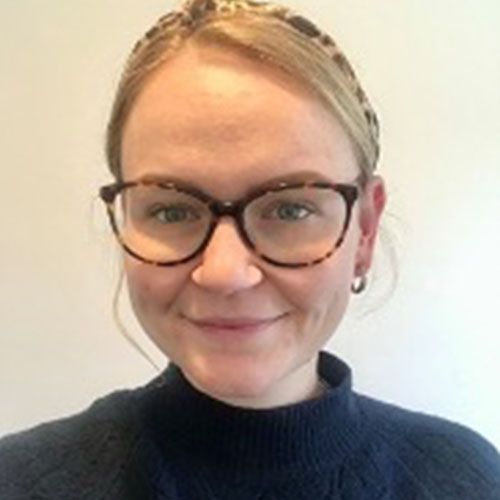Job Title
Speech and Language Therapist
Which Trust do you work for?
Solent NHS Trust
Where are you based?
Community
Is your role clinical or non-clinical?
Clinical
When you were at school did you want to join the NHS?
I was at school in South Africa and did not realise working in the NHS would be an option for me. Once I had left university and had been working for a while, I realised working for the NHS could become a reality for me and immediately applied for a job.
What qualifications did you have when you joined the NHS?
University Degree.
How did you come to work in the NHS?
I left school in South Africa with what would be the equivalent of two or three A levels, along with five GCSEs (grades A-C), including English language, maths and science. I then studied for four years at University to qualify with a bachelor’s degree in Speech, Language and Hearing Pathology. I worked in South Africa for 5 years before applying for a job in the NHS. Once I had a job, I immigrated to England and started working in the NHS.
Briefly explain your job
I work in a clinical role as a Speech and Language Therapist. I have additional experience in dysphagia (swallowing) difficulties. A typical day would include assessing the communication or swallowing difficulties of adults who have experienced any type of neurological change (traumatic brain injury, stroke, Motor Neuron Disease, Dementia etc). I typically conduct the assessments in people’s homes. Once the assessment has been completed, I make recommendations to make swallowing safer and communication easier/clearer. In my day I have to liaise with other professionals, plan therapy, complete notes and reports, conduct Mental Capacity Assessments, provide feedback to patients and their families and make lots of phone calls.
What do you love about your job?
I love working with different people and supporting them to improve their quality of life during difficult times of their lives. I get great job satisfaction when I am able to support patients to enjoy their favourite meal again or communicate to their loved ones.
What is challenging about your role?
I work with a population of people who have progressive illnesses which means I have to support them as their condition worsens, which can be hard. Like for everyone working in the NHS at the moment, I find the long waiting lists are frustrating and at times a little overwhelming.
Which colleagues support you in your role?
My clinical peers, my direct line manager and our clinical services manager. Our team all have clinical roles.
Is there career progression in your role and how would you get there?
I am able to move up in banding which would happen by having more experience and focusing more on developing my leadership skills. In addition, I could shift from clinical work to more managerial positions e.g. clinical services manager, which would require additional training which could be accessed through the Trust.
What would you say to a young person thinking of joining the NHS?
I would encourage them to join! Working for the NHS provides a secure job where you can enjoy great job satisfaction, opportunities for growth and personal development as well as fair pay and leave.

